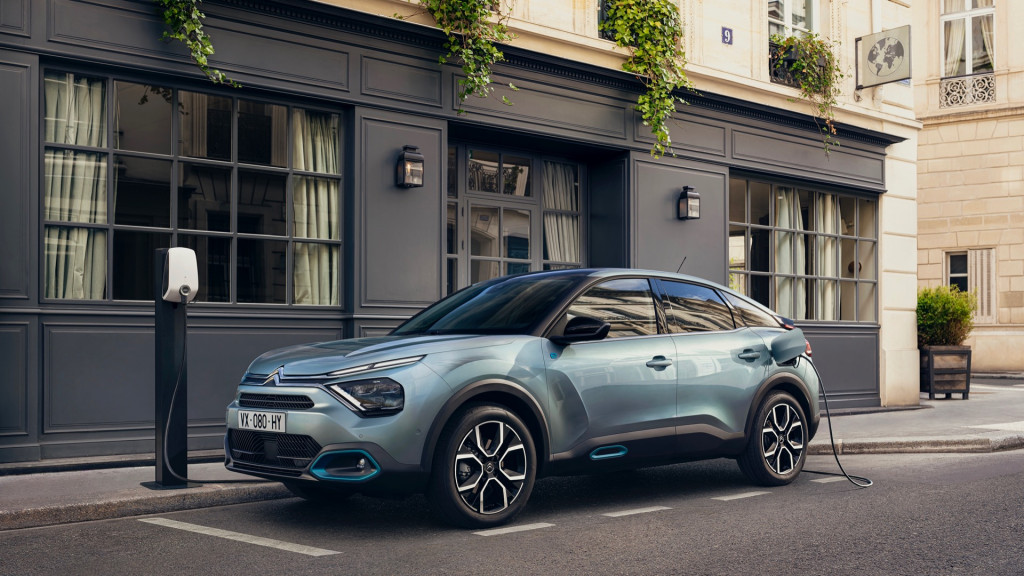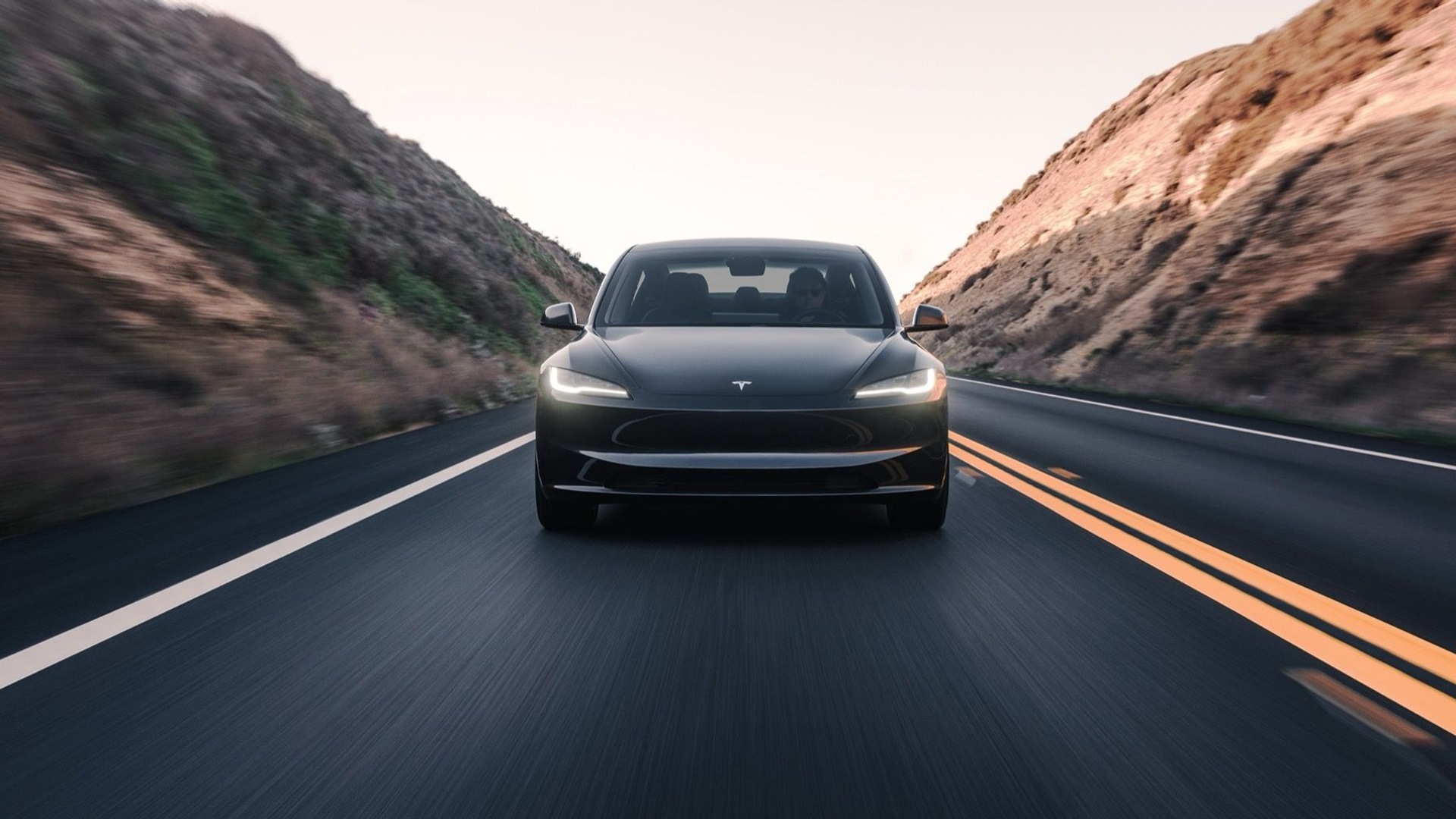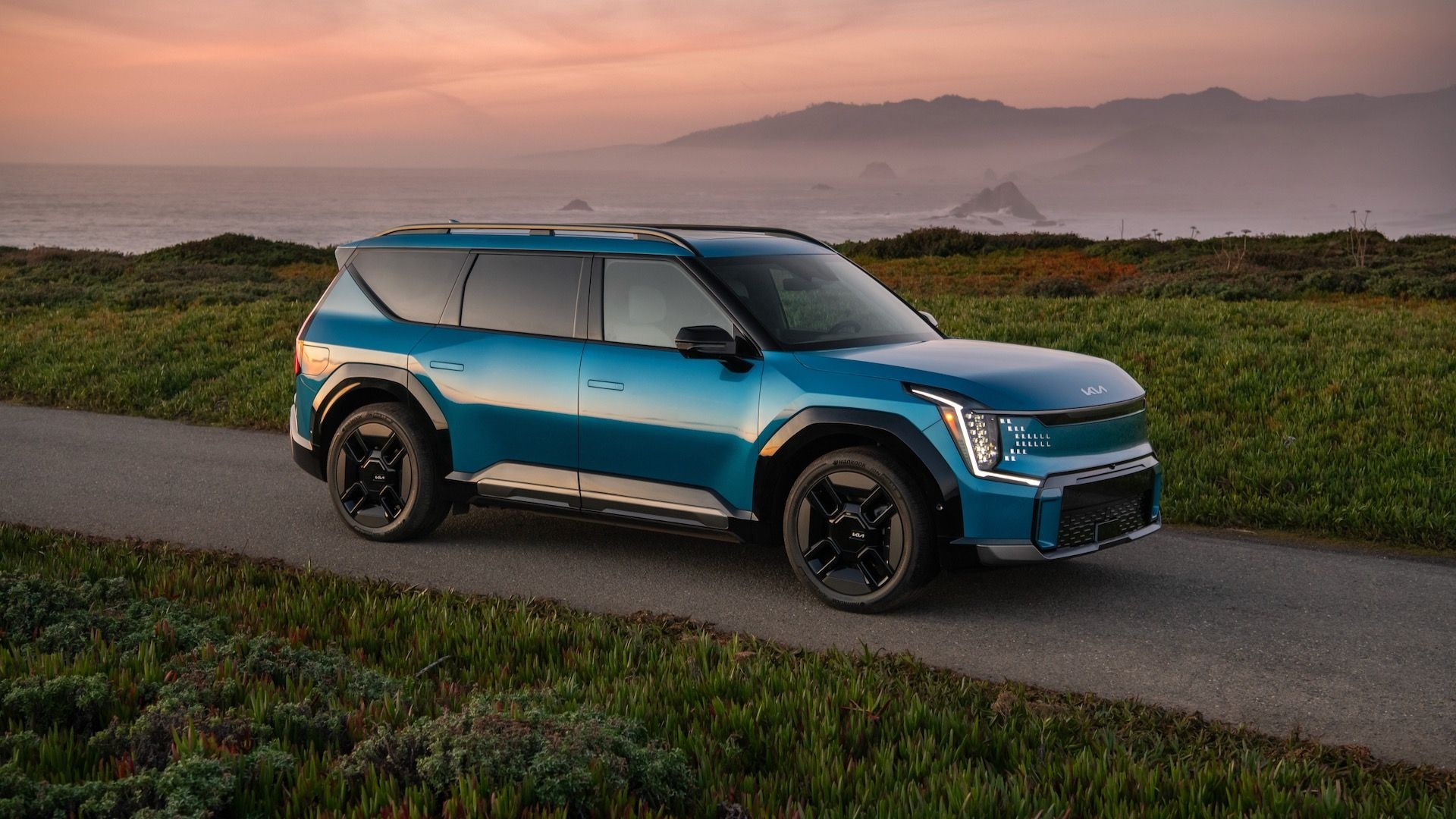Tesla has relied on selling emissions credits to boost its revenue, and Fiat Chrysler Automobiles (FCA) has been one of its biggest clients. But now that FCA has merged with the PSA Group to form Stellantis, it won't need Tesla emissions credits anymore, the Financial Times (subscription required) reported this week, based on executive comments.
Automakers are allowed to purchase credits to make up for not meeting emissions targets. Because it sells only electric cars, Tesla has always had plenty of credits to sell, creating a major revenue stream for the automaker. Stellantis' decision to stop buying emissions credits from Tesla could cost the Silicon Valley firm hundreds of millions of dollars, according to the report.
Tesla and FCA inked a deal that set Tesla up to sell its European Union credits to FCA through 2022—reportedly worth $1.8 billion. Of the roughly $360 million FCA allocated for emissions payments, two thirds went to Tesla in Europe, Stellantis CFO Richard Palmer said in an interview with the Financial Times.
As analysts have pointed out, at several times, deals like that have been the difference between a profitable Tesla quarter and an unprofitable one. Tesla made $518 million selling emissions credits in the last quarter, while reporting a net profit of $438 million. The company made about $1.6 billion selling emissions credits globally in 2020, so the EU-related revenue is just a fraction.

Citroën ë-C4
FCA decided back in the middle of the last decade to focus on trucks and SUVs—and the expansion of its Ram and Jeep brands—instead of higher-mileage passenger cars. The gambit appears to have paid off.
After a failed proposed merger with Renault in 2019, the automaker instead looked to the other big French automaker, PSA, bringing claims that Stellantis will become "a world leader" in sustainable mobility.
So while FCA lagged on development of electric cars, it's now paired with an automaker that has a few EVs—as well as hybrids and fuel-efficient small cars—in its lineup. Europe is the main market for most of those vehicles, which is why spending hundreds of millions to buy Tesla emissions credits for that market is now unnecessary.
For the company that still sells gas-guzzling Hellcat muscle cars in the United States—and a Ram TRX pickup truck that gets 10 mpg city—it's quite a clever move.












